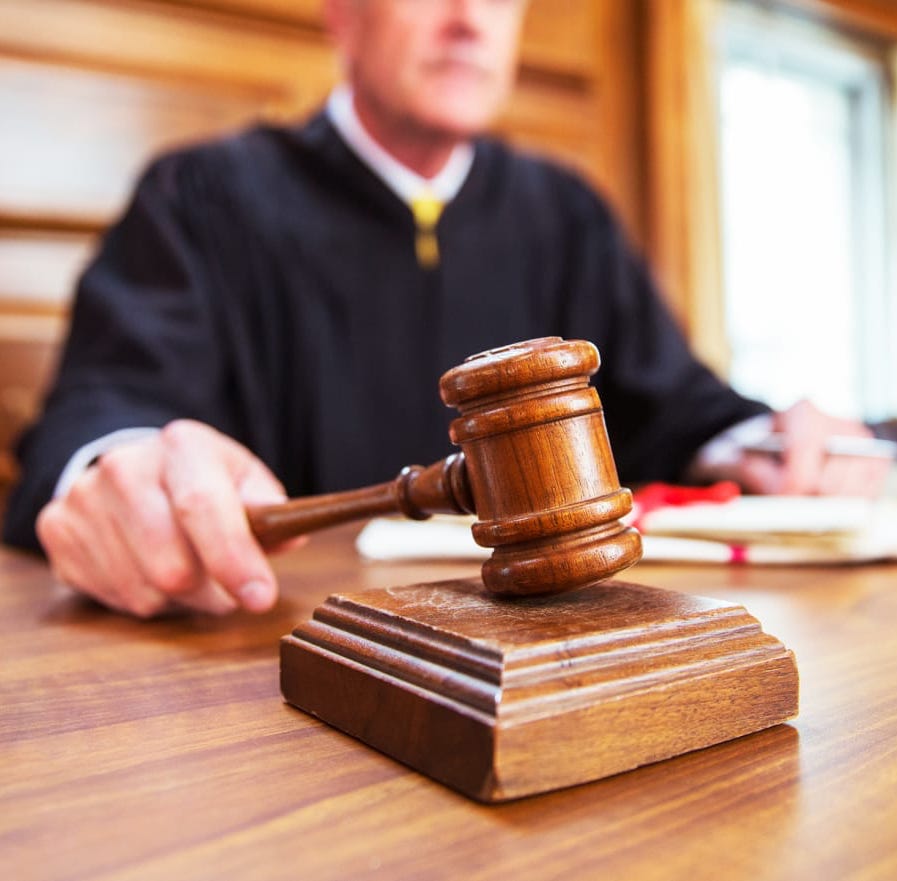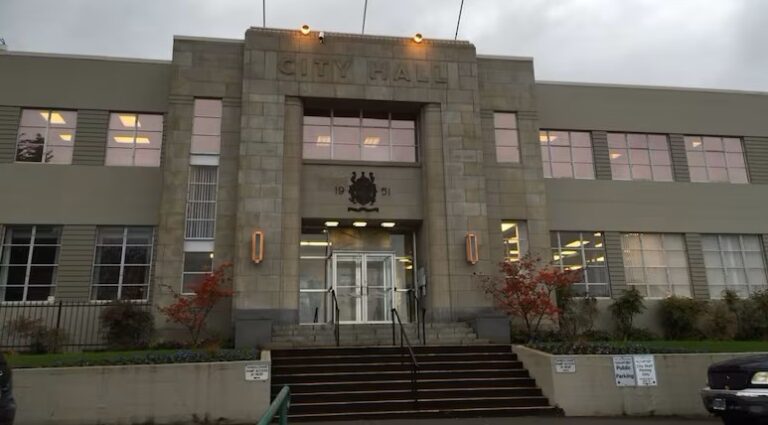Should the federal government know where you are right now, what you are doing or who is with you? Is it the business of provincial governments to know where you spent time last week (or last month or last year) or where you plan to go tomorrow? Should the government know how and where you spend your money, or where you do your banking? What about your medical history, your political opinions, or whether you attend a house of worship? Is any of this information that the government should keep on file?
The Communist Chinese government knows all about its citizens. Under China’s “social credit” system, those who criticize the government on social media, or who otherwise fail to obey every government edict, can find themselves unable to board a plane, train, or bus, or may be denied access to contracts and business opportunities.
In 2018, a student was denied entry to university due to his father’s presence on a debtor blacklist. Those who buy too many video games (or spend too much time using them) will receive a lower “social credit” score. In Shanghai, not visiting one’s elderly parents will result in a lowering of one’s “social credit” score. Citizens with good “social credit” scores can get discounts on energy bills, better interest rates from banks, and better access to good hotels.
For writing about censorship and government corruption, Chinese journalist Liu Hu has been arrested, fined, and blacklisted on a List of Dishonest Persons Subject to Enforcement by the Supreme People’s Court, which found him to be “not qualified” to buy a plane ticket, and banned from travelling some train lines, buying property, and taking out a loan.
The fundamental building block of totalitarian control is data. The extent to which government can violate human rights and restrict citizens’ freedoms is closely related to how much information government collects and maintains about each citizen.
When governments know your whereabouts, spending decisions, political views, medical history and with whom you associate, it becomes far easier for government to violate your Charter freedoms of expression, association, religion, conscience, peaceful assembly, travel and mobility, and your freedom to decide for yourself what medical treatments you wish to receive or not.
Our privacy is important because a government that knows little about you can do little to control you.
A modern and mostly urban society like Canada does need ways for strangers to be able to authenticate each other’s identities. For example, if the government (or a bank) needs to pay money to an individual, or if a pharmacy needs to provide a certain drug to a certain patient, there must be ways to confirm the identity of the recipient, such that the money (or drug) is not wrongfully withheld, and not given to the wrong person. An airline company has a legitimate interest in being certain that the passenger boarding the plane has actually paid for his ticket, and that the name on the ticket accurately belongs to the individual claiming their seat.
When it comes to protecting privacy, it need not matter whether identity authentication is done by way of an old-fashioned hard-copy plastic card or by way of a QR code on a smart phone. Digital ID need not be a bad thing when used to authenticate our identities, in order to avoid errors and fraud.
However, digital ID becomes a problem when governments collect information about citizens that is simply not necessary to authenticate the identity of an individual.
Today our phones collect photos, videos, and biometrics (fingerprints, voice, face recognition, typing speed and rhythm, etc.) and can easily be used to track our location and our movement. We know that the Public Health Agency of Canada tracked 33 million mobile devices during lockdowns.
The federal government’s Digital Ambition website tells us, “The [Government of Canada’s] multitude of programs and services collect, generate and hold an ever expanding array of data and information. Data is a strategic asset and is the ‘currency’ of digital government.” The same page states, “Today’s digital landscape is marked by change of unprecedented pace and scope. Rapid technological, digital and data transformation are now part of Canadians’ daily lives, revolutionizing the way they access information and services and how they live, socialize and work.”
Perhaps Canada’s federal and provincial governments do need to track the movement and whereabouts of a very small number of Canadians, like convicted pedophiles,violent criminals, or known terrorists. However, for 99% or more of Canada’s 38 million people, government has no business collecting or maintaining data about us.
In order to protect ourselves from privacy violations we must draw a line in the sand and limit government data collection. To protect Canadians from being slowly pushed towards a “social credit” system like that of Communist China, the Privacy Act should be amended by placing strict limits on the way that Canadians’ data is collected and used. Further, the Privacy Act should be changed to enable Canadians to access and review the data that has been collected about them.
John Carpay – Western Standard








